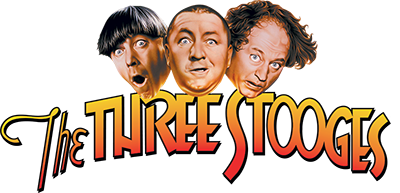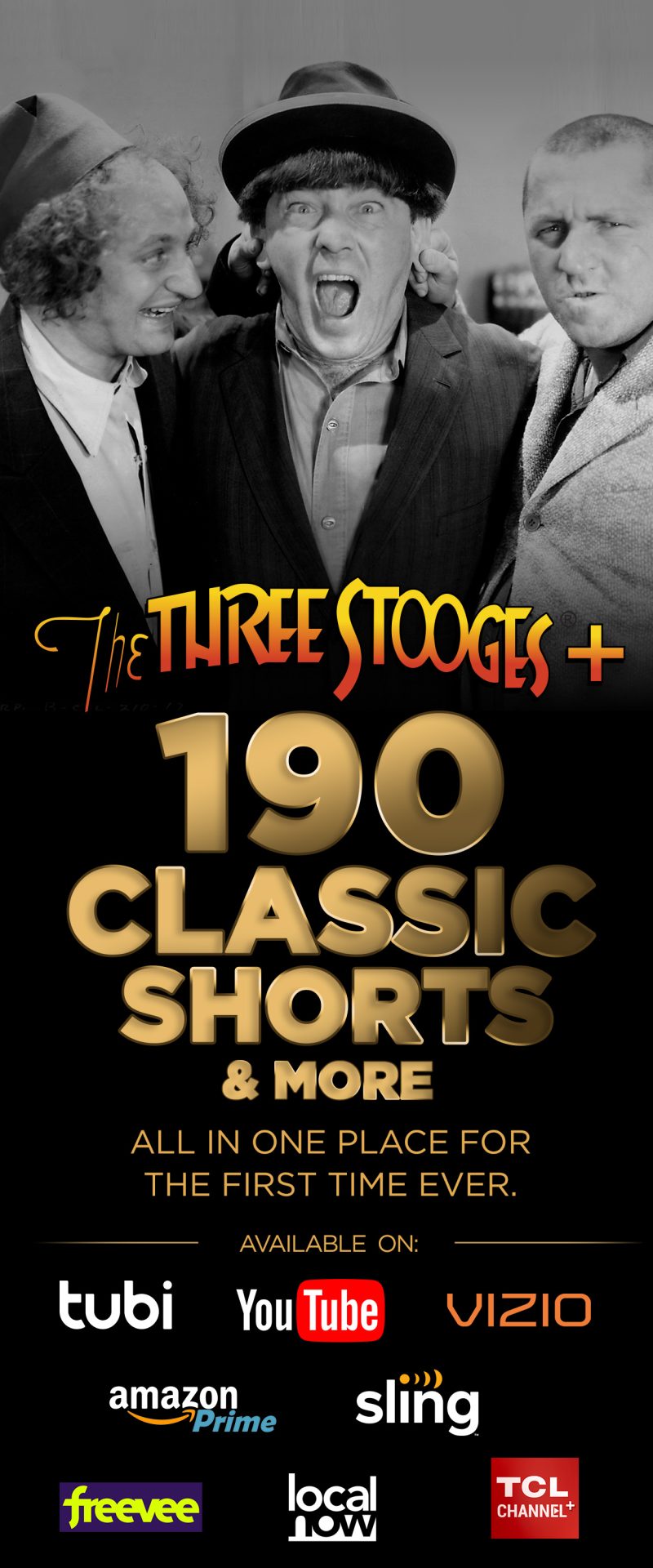Production Information
Studio: Columbia
Short Number: 188
Release Date: December 5, 1957
Running Time: 16:17
“Hey, there’s a cow out there. What comes from cows?” “Steak?!”
(Moe & Larry)
Short Take
The Stooges learn in a letter that their father’s life depends on an operation, but he doesn’t have the money for it. He writes that his property has a uranium mine, and they’re sure to strike it rich. So Moe, Larry & Joe head out to their father’s cabin while dealing with Joe’s uncanny luck in wishes coming true. Finding no uranium, the Stooges still manage to create plenty of explosive mayhem. Deciding to call it quits, Joe’s wishing ability comes through by turning up an oil strike on Papa’s country homestead.
Cast & Crew
| Directed by | Jules White |
|---|---|
| Produced by | Jules White |
| Written by | Felix Adler |
| Starring | Moe Howard Larry Fine Joe Besser |
| Cinematography | Irving Lippman |
| Edited by | Edwin H. Bryant |
Trivia
- Oil’s Well That Ends Well is one of two Stooge films that does not have a supporting cast, the other being 1950’s Self-Made Maids.
- The title Oil’s Well That Ends Well is a pun of “all’s well that ends well.”
- In addition, when Joe pulls the rope out from under Larry’s feet and knocks him over, Larry’s hat falls off his head. But in the next shot when Moe pulls him up to his feet, Larry is still wearing his hat.
Production Notes
- The film was shot over two days on August 26–27, 1957.
- Though technically a reworking of Oily to Bed, Oily to Rise, none of the original plot is featured in this short. In addition, the only recycled footage utilized in Oil’s Well That Ends Well is the shot of Curly Howard riding the oil gusher up into the sky. In addition, the concept of Joe wishing for things that come true was borrowed from Oily to Bed, Oily to Rise.
- Oil’s Well That Ends Well contains a rare instance where the Stooges break the fourth wall and directly address the camera audience. Joe, after being chastised by Moe and told to sit down, turns around to the camera and mouths “I hate him!” to the audience before walking off-screen.


